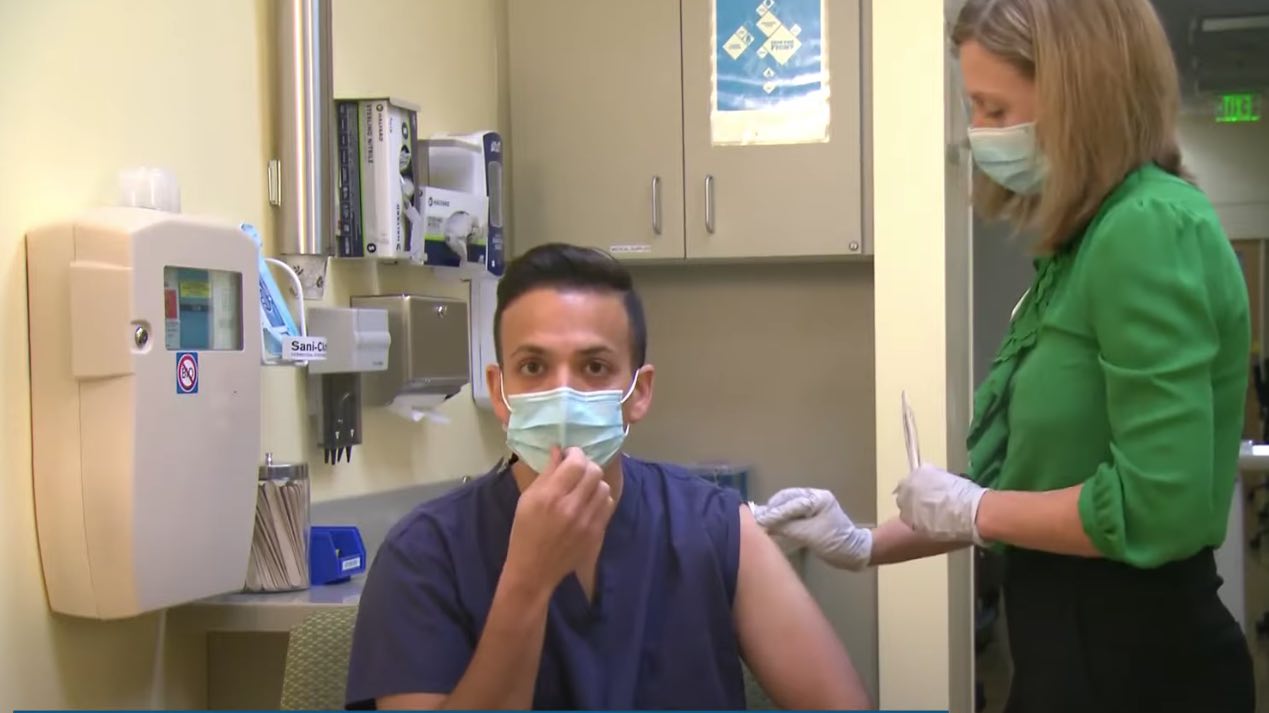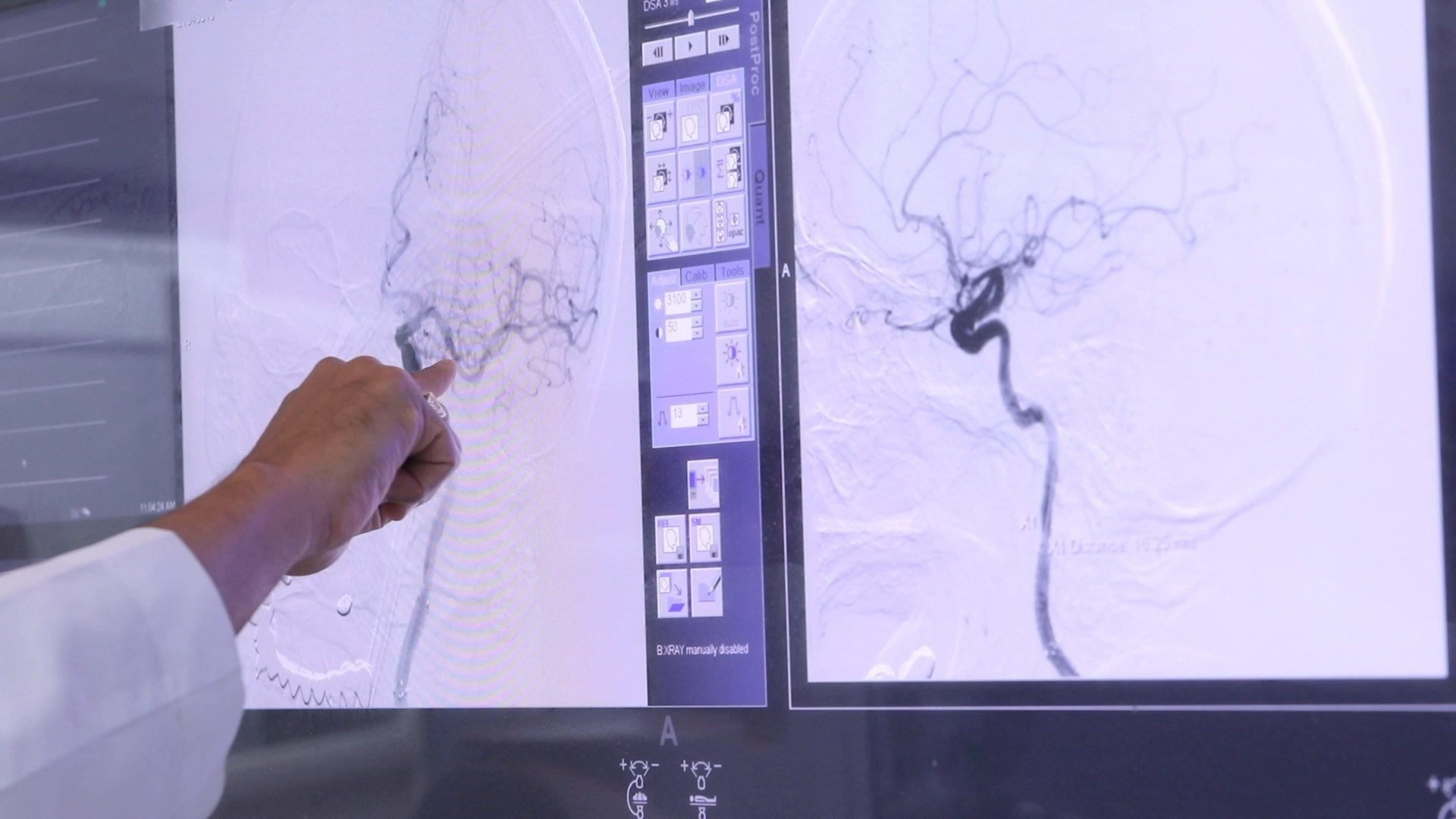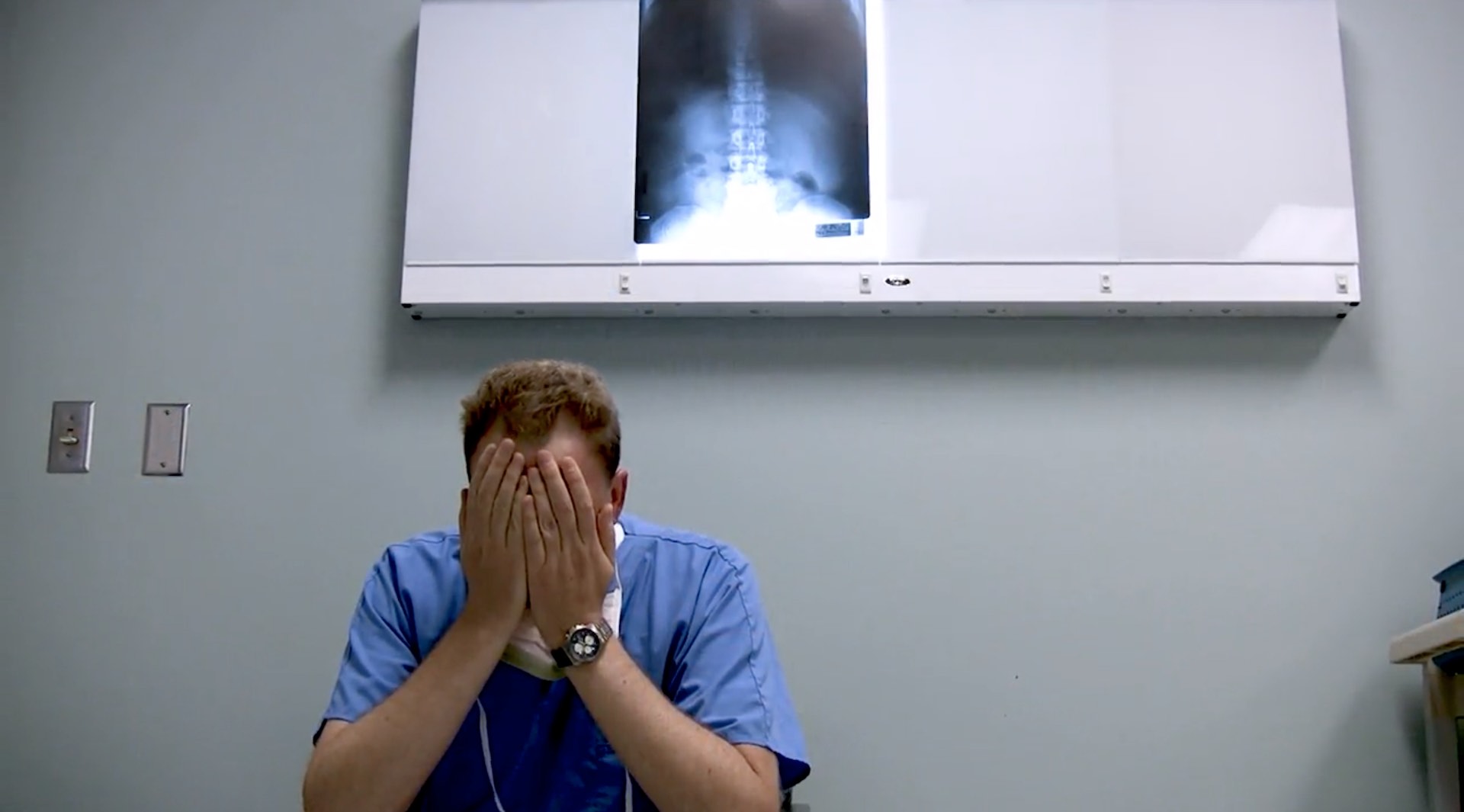Phenothiazines more effective than other agents for acute migraine
Reuters Health • The Doctor's Channel Daily Newscast
“Phenothiazines are the most effective treatment for moderate to severe migraine that has not responded to usual home treatment,” Dr. Anne-Maree Kelly from Sunshine Hospital, St. Albans, Victoria, Australia told Reuters Health in an email.
Guidelines in Australia for the treatment of migraine recommend parenteral phenothiazines or sumatriptan for patients with moderate to severe symptoms, the authors explain, but adoption of phenothiazines as first line treatment has been only moderate, perhaps because physicians are not convinced of their efficacy.
Dr. Kelly and her colleagues performed a systematic review and meta-analysis to determine the relative efficacy of phenothiazines compared with placebo and other active agents for the treatment of acute migraine.
In the 13 analyzed trials, phenothiazines were 15 times more likely than placebo to provide complete relief of acute migraines and 8.92 times more likely than placebo to achieve clinical success, the authors report.
Compared with other agents, phenothiazines were twice as likely to achieve clinical success, the researchers note, but there was no significant difference in complete relief.
Phenothiazines provided complete relief of headache for 48% of patients and clinical success for 78% of patients in the pooled clinical studies.
Compared with metoclopramide, phenothiazines were 2.25 times more likely to achieve clinical success, but the rates of complete relief were similar with the 2 agents.
“Our findings support the recommendation of phenothiazines as effective agents for treatment of migraine in the emergency department,” the authors conclude.
Reference:
Headache 2009;49:1324-1332.






